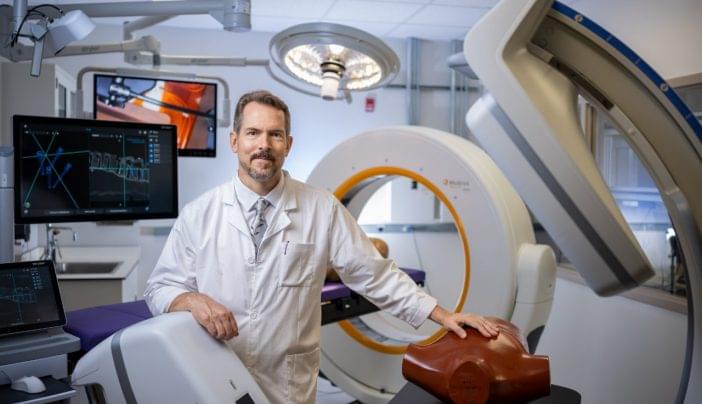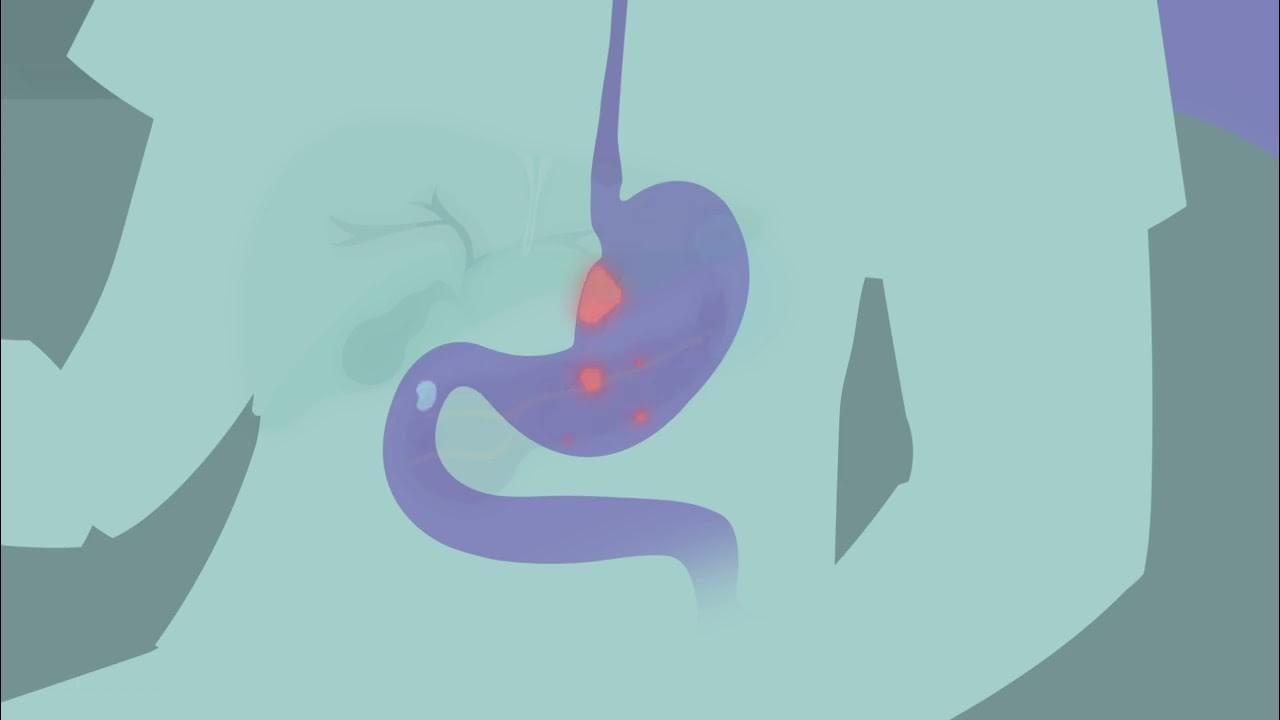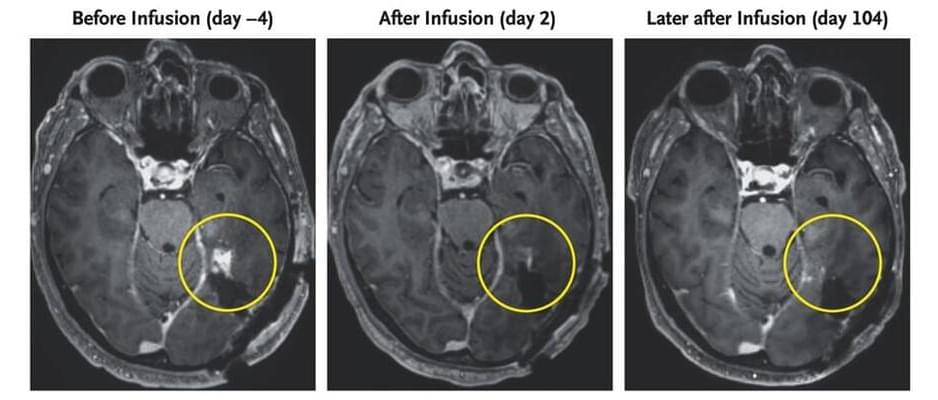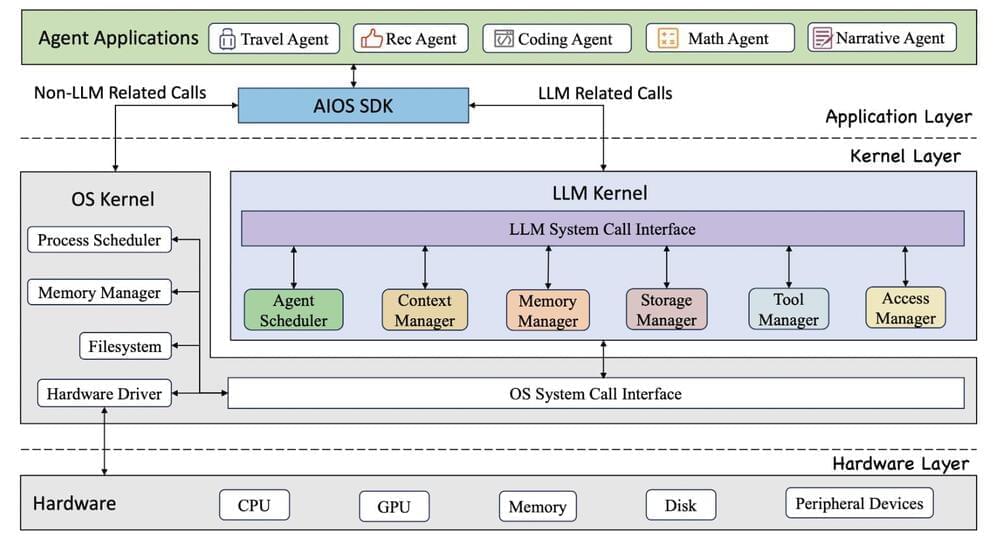When Jeff Siewerdsen, Ph.D., joined MD Anderson last year, he finally got the opportunity to work more closely with clinical teams to make advances that would benefit patients and clinicians in the operating room.
Can light be a factor in eliminating traumatic memories? Japanese scientists found that the long-term memory of flies can be affected if they are kept in the dark. This is the first discovery of the role of environmental light on such memories. The scientists hope to extend this approach to human victims of life-affecting traumas.
Events that are shocking can become a part of our long-term memory (LTM), with new proteins synthesized and the neuronal circuits in our brain becoming altered, explains the press release from researchers at the Tokyo Metropolitan University, who made the breakthrough. These memories can be hard to erase and may lead to post-traumatic stress disorder (PTSD).
Through their research, the team led by Professor Takaomi Sakai from Tokyo Metropolitan University discovered a particular molecular mechanism in Drosophilia flies that affects LTM. To find this, they set up a trauma for male flies by placing them with females who already mated. According to the courtship conditioning paradigm, in such situations mated females stress the unmated males to such an extent that they remember the experience, unwilling to ever mate with any more females – even if they were to be exposed to those that are unmated.
Learn more about the role of your stomach and learn more about the signs and symptoms of stomach cancer that you should be aware of.
The stomach is part of the body’s digestive system, located in the upper abdomen.
It acts as a temporary storage area for food before being mixed and broken down and passed through the rest of the upper gastrointestinal system.
Stomach cancer – sometimes also referred to as gastric cancer – occurs when abnormal cells in the stomach grow out of control. This may also occur in the junction where the stomach meets the oesophagus.
Unlike other cancers, there is no early detection test for stomach cancer.
The symptoms are often vague and can be similar to other medical conditions – so it’s important for you to see your GP for a review if you experience symptoms that are unusual for you or persistent.
Brain scans of a 72-year-old man diagnosed with a highly aggressive form of cancer known as a glioblastoma have revealed a remarkable regression in his tumor’s size within days of receiving an infusion of an innovative new treatment.
Though the outcomes of two other participants with similar diagnoses were somewhat less positive, the case’s success still bodes well for the search for a way to effectively cure what is currently an incurable disease.
Glioblastomas are typically about as deadly as cancers can get. Emerging from supporting cells inside the central nervous system, they can rapidly develop into malignant masses that claim up to 95 percent of patient lives within five years.
Microsoft and OpenAI might be concocting a $100 billion supercomputer to accelerate their artificial intelligence models.
Flames exhibit a spectrum of colors, ranging from yellow and orange to red, blue, and violet. Discover which hue denotes the highest temperature.
The moon is a harsh mistress.
“Music video by ELO;Electric Light Orchestra performing Ticket To The Moon. © 1981 Sony Music Entertainment”
The data surfaced online about two weeks ago and involve customer information from 2019 or earlier. There was no impact on operations, the company says.
Demis Hassabis, CEO and one of three founders of Google’s artificial intelligence (AI) subsidiary DeepMind, has been awarded a knighthood in the U.K. for “services to artificial intelligence.”
Ian Hogarth, chair of the U.K. government’s recently launched AI Safety Institute and previously founder of music startup Songkick, was awarded Commander of the Order of the British Empire (CBE) for services to AI; as was Matt Clifford, AI adviser to the U.K. government and co-founder of super–early-stage investor Entrepreneur First.
Artificial intelligence (AI) has introduced a dynamic shift in various sectors, most notably by deploying autonomous agents capable of independent operation and decision-making. These agents, powered by large language models (LLMs), have significantly broadened the scope of tasks that can be automated, ranging from simple data processing to complex problem-solving scenarios. However, as the capabilities of these agents expand, so do the challenges associated with their deployment and integration.
Within this evolving landscape, a major hurdle has been the efficient management of LLM-based agents. The primary issues revolve around allocating computational resources, maintaining interaction context, and integrating agents with varying capabilities and functions. Traditional approaches often lead to bottlenecks and underutilization of resources, undermining these intelligent systems’ potential efficiency and effectiveness.
A research team from Rutgers University has developed the AIOS (Agent-Integrated Operating System), a pioneering LLM agent operating system designed to streamline the deployment and operation of LLM-based agents. This system is engineered to enhance resource allocation, enable the concurrent execution of multiple agents, and maintain a coherent context throughout agent interactions, optimizing agent operations’ overall performance and efficiency.









